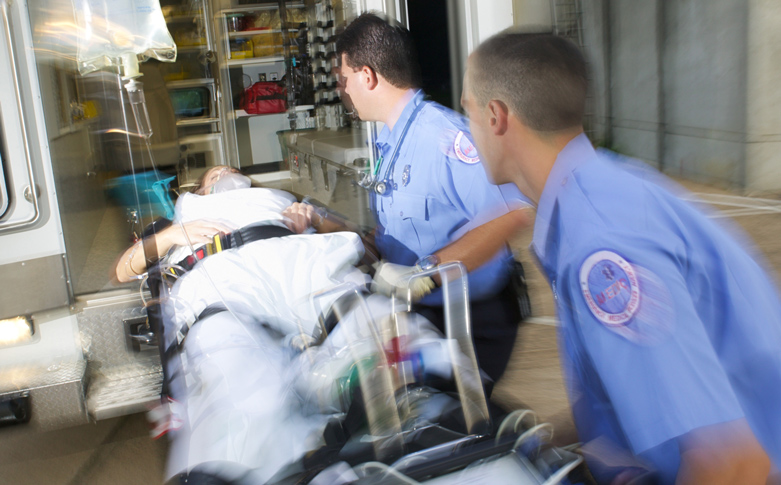A new study published in Sleep Health shows that nurses who work the night shift feel less tired and commit fewer errors at work when they get at least 40 minutes of bright light before their shift.
“Feasible changes, such as getting light exposure before the night shift, may help reduce fatigue and its effects on performance at work, something which could benefit both the nurses and their patients.” said Jay Olson, one of the authors of the study.
“Healthcare workers are experiencing high levels of fatigue due to staffing shortages, difficult schedules, and heavy workloads. Further, the cost of medical errors has been estimated at tens of billions of dollars per year in North America,” he said of the potential benefits.
The study involved nearly 60 nurses at McGill University Health Centre. The participants worked day and night shifts during the 10-day observation period. Those in the experimental group made a total of 21 errors, such as giving the wrong medication to a patient or accidentally pricking a patient with a needle. But the nurses only made seven errors when they were exposed to 40 minutes of bright light using portable light boxes prior to their shifts, leading to a 67 percent decrease in unintentional errors.
A similar study at the university saw a 62 percent reduction in errors during the night shift.
Getting more light proved to have the most effect on the nurses’ work performance. The researchers also asked some of the participants to change their diet to improve their alertness, but this only led to a 5 percent reduction in errors.
The participants who used the portable light boxes also reported feeling less fatigued on the job compared to those in the control group.
“Interventions like the one we studied are relevant to a large population of workers, since between a quarter and a third of the world’s employees do some form of shift work,” added Mariève Cyr, another author on the paper and a fourth-year medical student at McGill University. “Although we focused on nurses working rotating schedules, our results may apply to other types of shift workers as well.”
The researchers have launched a program known as Night Shift Owl to help nurses and hospitals implement these changes as a way of reducing errors at work. It offers customized fatigue reduction plans and workshops for employers looking to address the issue.

















